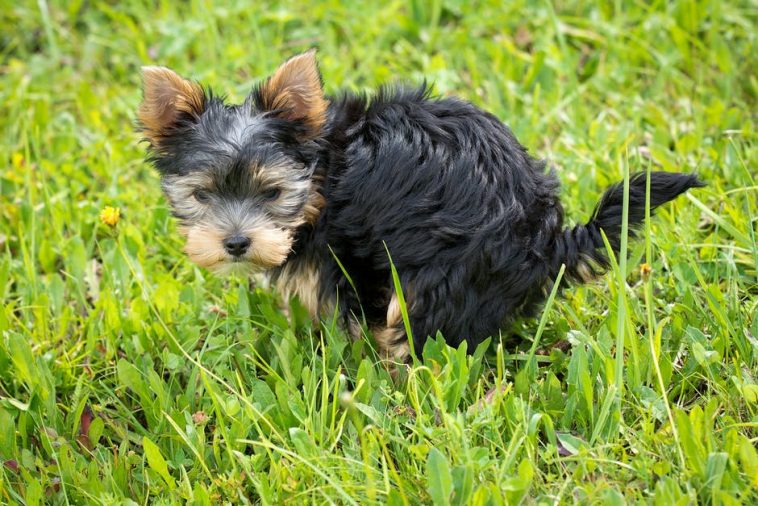Most people have no idea how large the market is for pet stores and other industries that support our pets. In the United States alone, people spend about $29 billion at pet stores every year. More than 134,000 people work at these stores to help us take care of our pets.
Many people find tools at pet stores to help them with puppy potty training. However, tools alone will only be able to take you so far. It is important to understand more about your pet to help you potty train them in the most effective way possible.
The good news is that people have spent a lot of time figuring out how to optimize puppy potty training. Following the tips in this article will help you train your puppy faster and with fewer mistakes along the way. That goes double if you make sure to pay close attention to your pet while learning from the wisdom of others at the same time.
Read on to learn all about the top puppy potty training tips for new pet parents!
Take Your Time With Potty Training a Puppy
One of the most important things to do during the potty training process is to be patient. Some people get frustrated by the mistakes that puppies make before they are trained. However, reacting to frustration and anger can throw off the training process.
In the long run, that can make it much harder to potty train your puppy. In order to maintain a positive attitude, it can help to understand how long it may take to train your puppy.
In the majority of cases, you can train a puppy to be house-trained in six months or even a little faster. However, it is vital that you treat this estimate as an estimate rather than a guarantee. In some cases, your puppy might need a full year of potty training.
One of the main factors that can make potty training slower is the size of your dog. If you have a smaller breed, then it will have a smaller bladder as well.
That will mean that it needs to relieve itself more often. This can sometimes slow down the potty training process as well.
If your puppy already has certain bad habits, then you may need to train your puppy out of them before it can master potty training. In those cases, the potty training process can take closer to a year.
Start Dog Potty Training at the Right Time
Sometimes, people start potty training their puppies at the wrong time. This is another factor that can slow down the potty training process. In the majority of cases, you will want to wait for your puppy to be at least 12 weeks old before you start trying to train it.
You might even want to wait until it is closer to 16 weeks old, especially for smaller breeds. However, you should avoid waiting too much longer than this. The older your puppy gets, the more it will start to develop habits that may be difficult for it to unlearn.
Choose a Specific Time and Place for Potty Training
During the potty training process, you will want to focus on consistency. That means finding a specific place where your puppy will learn to relieve itself. This is important because your puppy will often use the smell of its waste as a cue to help it relieve itself again.
By coming back to the same place over and over again, your puppy will begin to associate that area with relieving itself. You should combine this consistency in space with consistency in time as well. In other words, it can help to take your puppy out to relieve itself at the same times of the day every day.
Until your puppy completes its potty training, you should remain with it outside while it relieves itself. You might also want to reward it with a treat or a walk after a successful training session.
Support Your Dog Potty Training Schedule
If you feed your puppy at different times of day, it may be difficult for it to relieve itself at the same time each day. To support your dog’s potty training schedule, it can help to provide it with a consistent feeding and watering schedule as well.
Establishing a consistent routine throughout the day will also help your dog learn to expect the same things each day, helping it be prepared to relieve itself at your chosen times.
Consider Indoor Puppy Care Options
Depending on your situation, you might want to train your puppy to relieve itself indoors. You can use specially prepared crates to provide your puppy with its own space to relieve itself whenever it needs to.
In some ways, this could be easier. It can save you from having to track your puppy’s potty training schedule. You can use tools like inside dog potty grass to make it feel more natural for your puppy to relieve itself indoors.
Follow the Best Tips for Puppy Potty Training
If you are working on puppy potty training for the first time, it can be difficult to know how to succeed as fast as possible. Following the principles in this piece will help you train your puppy with a minimum of mistakes. With the right combination of patience and technique, puppy potty training does not have to be a stressful time.
To learn more about the latest information in pets, business, and more, take a look at our other articles!




